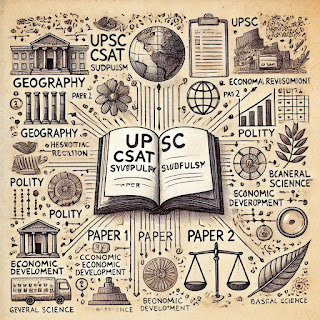What is Vote-on-account ?
What is Vote on Account?
The discussion on the Budget begins a few days after its presentation. In a democratic set-up, Government is anxious to give Parliament full opportunity to discuss the budgetary provisions and the various proposals for taxation. Since Parliament is not able to vote the entire budget before the commencement of the new financial year, the necessity to keep enough finance at the disposal of Government in order to allow it to run the administration of the country remains. A special provision is, therefore, made for "Vote on Account" by which Government obtains the Vote of Parliament for a sum sufficient to incur expenditure on various items for a part of the year.
What is duration for the Vote-on-Account?
Normally, the Vote on Account is taken for two months only. But during election year or when it is anticipated that the main Demands and Appropriation Bill will take longer time than two months, the Vote on Account may be for a period exceeding two months.
Is the Vote-on-Account, and interim budget is same?
No. "Vote on Account" is meant for a sum sufficient to incur expenditure on various items for a part of the year. While interim budget consists of complete set of accounts including the receipts.
Reference:
[1] http://www.parliamentofindia.nic.in
The discussion on the Budget begins a few days after its presentation. In a democratic set-up, Government is anxious to give Parliament full opportunity to discuss the budgetary provisions and the various proposals for taxation. Since Parliament is not able to vote the entire budget before the commencement of the new financial year, the necessity to keep enough finance at the disposal of Government in order to allow it to run the administration of the country remains. A special provision is, therefore, made for "Vote on Account" by which Government obtains the Vote of Parliament for a sum sufficient to incur expenditure on various items for a part of the year.
What is duration for the Vote-on-Account?
Normally, the Vote on Account is taken for two months only. But during election year or when it is anticipated that the main Demands and Appropriation Bill will take longer time than two months, the Vote on Account may be for a period exceeding two months.
Is the Vote-on-Account, and interim budget is same?
No. "Vote on Account" is meant for a sum sufficient to incur expenditure on various items for a part of the year. While interim budget consists of complete set of accounts including the receipts.
Reference:
[1] http://www.parliamentofindia.nic.in

Comments
Post a Comment
We welcome constructive comments for the articles on the website. Readers can add their own views, they can ask any clarification and suggestions are always welcome.